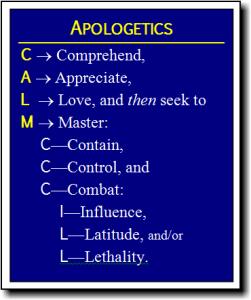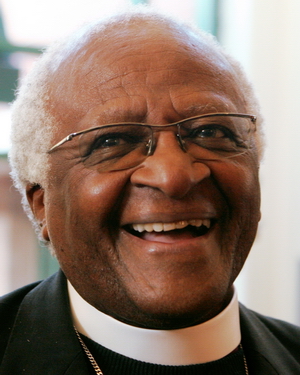 I once worked for a pastor who said if you’re going to choose between Bible study and hearing me preach, I encourage you to come to Bible study. The pastor in question proclaimed the gospel with enthusiastic acumen, but as the years went by, only later did I understand fully.
I once worked for a pastor who said if you’re going to choose between Bible study and hearing me preach, I encourage you to come to Bible study. The pastor in question proclaimed the gospel with enthusiastic acumen, but as the years went by, only later did I understand fully.
As our senior pastor has often taught, the purpose of the church @ Myrtle Lake is to glorify the Lord God by preaching and teaching Christ and Him crucified. But, how does “Bible study” glorify God?
 Well, when Yogi Berra was asked about the chances for the Yankees winning the 1957 pennant, he answered, “If you don’t know where you’re goin’, you’ll probably get there.”
Well, when Yogi Berra was asked about the chances for the Yankees winning the 1957 pennant, he answered, “If you don’t know where you’re goin’, you’ll probably get there.”
Until we know where God wants us to be, we won’t know where we’re goin’. If we don’t know where He wants us to go, we’ll probably get there. We will not know what He wants nor where He wants us to be—without Bible study.
Bible study is a lamp at our feet. It helps us see the Way because the way is narrow—it is neither broad, nor easy to find, according to my Jesus.
I’d love to see you next Sunday in Bible study, or next Wednesday, or at Band of Brothers on Mondays, or Sunday afternoon in Logos Academy classes, or Sunday evening in Logos Prep classes. As you can tell by all these opportunities, the church @ MyrtleLake loves God’s word, for He is the Word, and the Way, and the Truth, and the Life.


 My
My  The Sabbath is important to the Lord God. Consequences for violation were, and are, dramatic. When the Sabbath was not observed under the Law of Moses, death could result (Numbers 15:32ff). Today, the consequences of failing to observe Sabbath are even more obvious—and deadly—stress has been clearly linked to heart disease, asthma, obesity, diabetes, headaches, depression, GI problems, and Alzheimer’s (see
The Sabbath is important to the Lord God. Consequences for violation were, and are, dramatic. When the Sabbath was not observed under the Law of Moses, death could result (Numbers 15:32ff). Today, the consequences of failing to observe Sabbath are even more obvious—and deadly—stress has been clearly linked to heart disease, asthma, obesity, diabetes, headaches, depression, GI problems, and Alzheimer’s (see 
 Given Porter’s First Law, “When confronting our beliefs, we must raise an epistemological red flag whenever said belief is useful. When things are useful,
Given Porter’s First Law, “When confronting our beliefs, we must raise an epistemological red flag whenever said belief is useful. When things are useful, 
 Our culture tends to compartmentalize life. We put our job in one compartment, faith in another, and family in another box. Compartmentalization seduces us: we believe we can serve more than one master, simply by thinking and acting differently within each compartment, as if one did not affect the other.
Our culture tends to compartmentalize life. We put our job in one compartment, faith in another, and family in another box. Compartmentalization seduces us: we believe we can serve more than one master, simply by thinking and acting differently within each compartment, as if one did not affect the other.